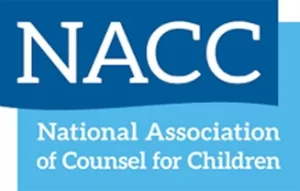Juvenile charges can result in fees that haunt youthful offenders
On Behalf of Kirsch Daskas Law Group | Apr 23, 2021 | Juvenile Crimes
Michigan’s juvenile justice system should help youthful offenders pay their societal debts for their crimes without drastically altering the course of their life. With the help of rehabilitative services, youthful offenders can potentially change the course of their lives and move onto a productive adulthood.
Many juvenile offenders can avoid incarceration and possibly seal their criminal record if they follow the right process. Mitigating the future consequences of a teenage offense is often the focal point a juvenile defense strategy. Arranging a plea bargain or negotiating to avoid incarceration can help keep a teenage mistake from destroying someone’s future.
Unfortunately, juvenile offenses can also result in a financial burden that can linger for years and limit a young person’s opportunities in life. Despite reform efforts across the state of Michigan, juvenile offenders may have hundreds or thousands of dollars in court costs and fees that can snowball and cause ongoing financial hardship.
What fees do the Michigan courts typically assess?
There are multiple costs that juvenile courts pass on to those charged with a crime. At a judge’s discretion, the penalty for the offense might include financial restitution to a victim or even a fine. The courts also assess certain fees to those charged with a crime.
There is a crime victim rights assessment, a minimum state cost fee, the expense of DNA testing, charges for living in a detention center and even charges for probation supervision. Detention costs and fees assessed for out-of-home placement of children charged with a crime in juvenile court can be thousands of dollars. If a family can’t afford to pay fees quickly, the state assesses late penalties as high as 20%.
What could the state do differently?
The law in Michigan allows judges to waive the costs associated with juvenile offenses or at least reduce them proportionate to a family’s ability to pay. They might recognize that a youthful offender from a working-class family home won’t have the ability to immediately repay hundreds of dollars, even if they get a job, which can be difficult for a teenager with a criminal record.
Addressing fees or avoiding expensive scenarios like placement in a detention center can help limit the long-term financial consequences of a juvenile charge on the young adult facing the charge and their parents.










